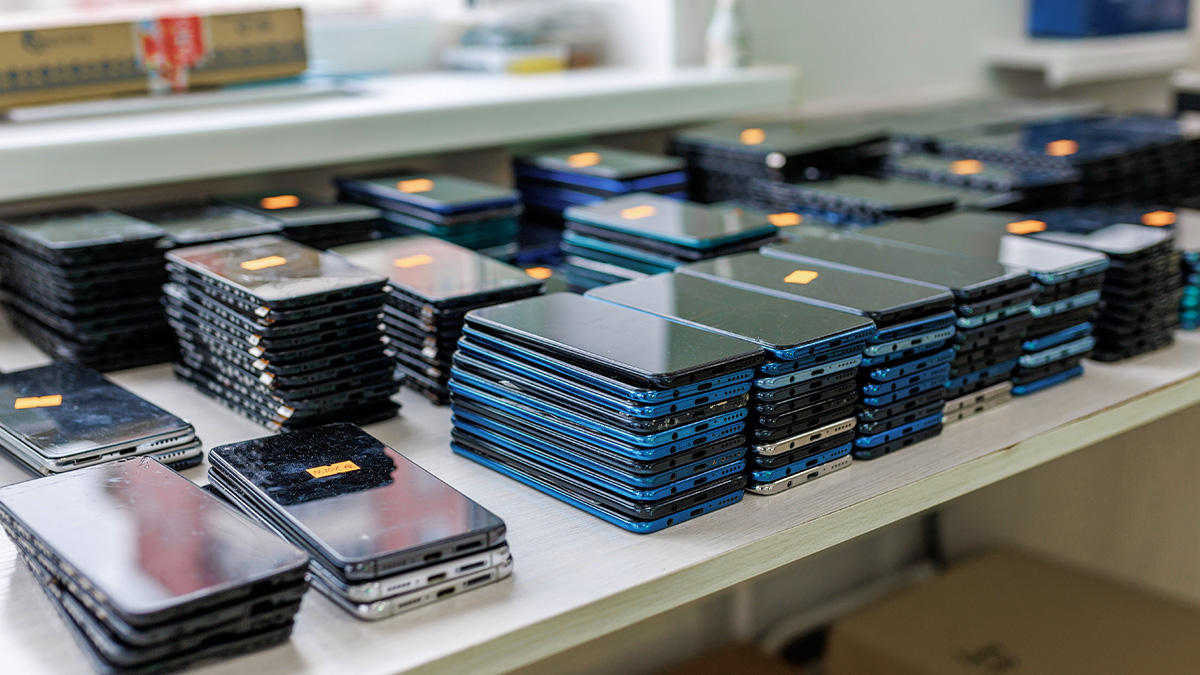Federal officials are preparing to take a major step toward curbing the use of illegal cellphones inside U.S. prisons — devices that authorities say have long fueled violence and criminal activity behind bars.
FCC Chairman Brendan Carr announced Friday that the commission will vote on Sept. 30 on a proposal that would give both state and federal prisons the authority to jam contraband cellphone signals. Current federal law prohibits such action, leaving facilities with limited tools to stop smuggled devices from being used by inmates.
“Every single day that goes by, we’re leaving the American public exposed, and we’re going to close that loophole,” Carr said during a press conference in Arkansas.
Long Debate Over Prison Cellphones
Cellphones are routinely smuggled into prisons, sometimes hidden in drones or tossed over fences, allowing inmates to coordinate assaults and run criminal operations from behind bars. Officials say illicit phones played a key role in a deadly 2018 riot at a South Carolina prison that left seven inmates dead.
The push for jamming technology has been ongoing for more than a decade, with prison officials arguing the devices give inmates the ability to run criminal enterprises while incarcerated.
South Carolina at the Center of Reform Push
South Carolina has been a testing ground for the initiative. Former state corrections director Bryan Stirling became a national advocate for jamming technology after hosting FCC leaders in 2016. In 2019, federal officials conducted a pilot program in the state, and in 2021 the FCC created a path for prisons to request permits to disable contraband signals.
Advocates like Robert Johnson, a former South Carolina officer who survived being shot six times in an attack ordered by an inmate, say the change is long overdue. Johnson has endured 36 surgeries since the 2010 incident.
“I could have died, but the beginning of the end, hopefully, has started,” Johnson said. “I really thought I would never see this day.”
Next Steps: FCC Decision Could Change Course
Carr said the new vote would effectively “deauthorize” the use of contraband phones, clearing the way for facilities that want to use signal-blocking tools. The technology would not be mandatory, and prisons could continue relying on current deterrents such as body scans and perimeter netting.
Wireless carriers remain cautious, warning that jamming could disrupt legitimate communications and public safety systems. Still, the FCC’s upcoming vote signals a turning point in a debate that has stretched on for years.







